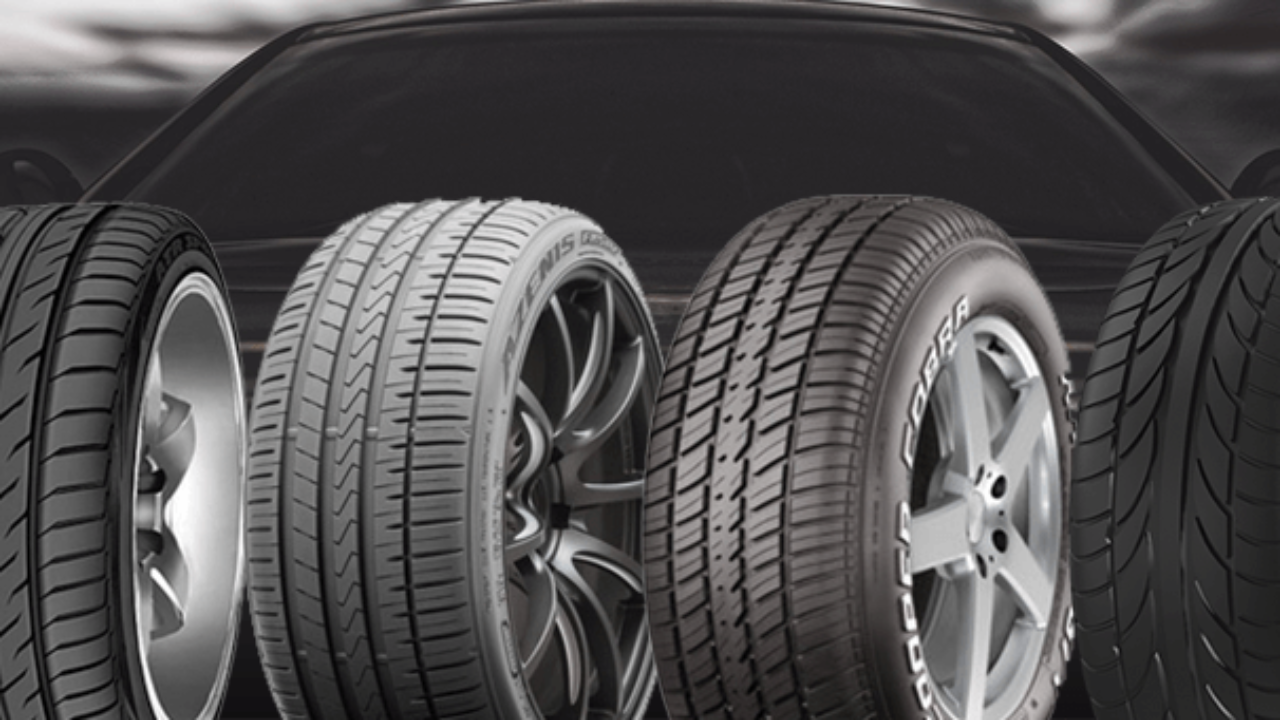
Car Tyres
All-terrain tyres provide traction in a variety of circumstances, on and off the road. They blend off-road tyres’ broad tread pattern with street tyres’ excellent handling. It’s crucial to note that these tyres serve many functions. As a result, it’s not the greatest choice for folks who exclusively drive on paved roads and highways, or who only drive off-road.
Deeper grooves and open treads on an all-terrain tyre give improved grip on a range of surfaces. When compared to a regular tyre, an all-terrain tyre’s tread pattern is more aggressive, and the grooves are substantially deeper. This tread pattern promotes grip in mud, sand, gravel, and ice.
Brief about all-terrain tyres
All-terrain Tyres Birminghamare are commonly seen on SUVs as well as various four-wheel drive automobiles. Especially compared to mud or sand tyres, they have comparable sizes and patterns of tread blocks. In practice, these tyres really aren’t designed to give adequate traction on loose ground such as sand, and they could easily become clogged in mud. Aside from that, they have a lot of sipes to help with damp weather. One advantage of all-terrain tyres is that they may be run on paved roads; nevertheless, they are loud and unlikely to withstand high-speed turning and braking, particularly on highways.
Benefits of all terrain tyres
It is open all year
These tyres provide traction in snowy and icy situations since they are all-purpose and all-terrain. If your vehicle’s normal performance is satisfactory, there is no need to switch from summer to winter tyres. Winter tyres, on the other hand, differ from all-terrain tyres in terms of tread pattern and rubber composition.
Featuring an open tread design
This design helps tyre grip in off-road conditions. Many interlocking tread areas give exceptional traction on dirt and mud while yet allowing for adequate control on solid roads.
No Aquaplaning
Aquaplaning happens when a wedge of water forms between the tyre and the road due to the tyres’ failure to disperse water from beneath them. All-purpose tyres have deeper grooves and a considerably more aggressive tread shape that distributes water more effectively than standard Tyres Redditch.
Fortified sidewalls
Several all-terrain tyres have reinforced sidewalls, which improve weight-bearing capacity. These tyres are often more aggressive and are appropriate for bigger vehicles as well as some off-road activity. Campers typically choose tougher all-terrain tyres because their vehicles must carry greater weight.
Downsides of all terrain tyres
Not really at ease.
All-terrain tyres’ sidewalls are reinforced, making them less comfortable. These tyres are less pleasant than their highway counterparts since they do not break as quickly on vibrations and bumps.
Cupping proclivity
Because of their construction, all-terrain tyres are prone to cupping; the more intense the tyre, the more likely it is to cup. In most cases, the primary reason is a lack of shock absorber adjustment. Regularly inspect them, and rotate your tyres every 5,000-8,000 miles. Examine the worn sections of the wheel as well as the tyre balance.
Lower fuel efficiency
All-terrain tyres are currently in the centre when it comes to fuel efficiency because regular street tyres consume much less and off-road tyres require much more. The effects of wind and rolling resistance, mechanical wear, and tyre patterns all have an impact on business. Tougher sidewalls and less tread may reduce rolling resistance, but they also reduce traction.
Loud
Because of the larger grooves and huge open areas in the tread, all terrain tyres are extremely noisy. Because it is not muffled, this noise would readily penetrate the cabin. This can be a serious concern when the vehicle is travelling at high speeds since a lot of noise enters the cabin, making the occupants uncomfortable. These tyres feature a different tread pattern than most all-terrain tyres, which aids in noise reduction.
All terrain or mud terrain tyres?
If you’re thinking between all vs. mud terrain tyres, the basic rule of thumb would be that if you travel too much on the roadway then off, all-terrain tyres are generally to be a superior option. The majority of mud terrain tyres do not function well in the rain or on wet pavement. But why is that? If these tyres could withstand the most difficult off-road routes, shouldn’t they be capable to endure rain or the flooded streets? Since their tread blocks are so prominent and their broader channels allow so much room, they can’t remove water as well as even your most basic all-season road tyre.
Do you need an all-terrain tyre?
If your vehicle often transitions between difficult terrain and paved roads – for example, a pull truck or SUV travelling from city to rural lanes – all-terrain tyres are a necessity. These tyres have an interconnected tread design that provides them with the tenacity to handle mud, gravel, and grassland while yet giving a quieter, more enjoyable ride on concrete roads.
If you travel on both off-road and hard roads, Tyres Redditch are the ideal option. When selecting tyres for your vehicle, the most important element to consider is the tyre’s function. If you mostly drive on roads and highways and only go off-road for short periods of time, you should look for travelling tyres. Choose off-road or SUV tyres if you drive mostly off-road and just sometimes on city streets. Furthermore, there are a number of other factors to consider while purchasing tyres.






